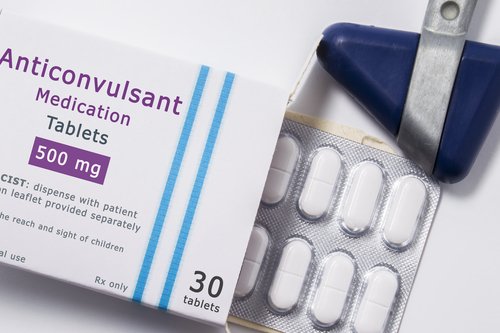Epilepsy Therapies Can Worsen Some Mitochondrial Disorders, Experts Warn

Epilepsy is a common manifestation of mitochondrial disorders for about half of the people with the energy-production malfunction.
In most cases, doctors can use epilepsy therapies to treat epilepsy stemming from mitochondrial problems.
But the treatments can worsen mitochondrial disorders that are caused by POLG1 gene mutations, according to a review in Epilepsy Research.
Epilepsy therapies, like all drugs, have side effects, and can be toxic. Some studies have suggested they can harm people with mitochondrial disorders by damaging mitochondria or altering their function.
When treating people with mitochondrial epilepsy, doctors should prescribe only epilepsy drugs with limited potential to worsen mitochondrial problems, the reviewers wrote. The title of their article was “Effects of antiepileptic drugs on mitochondrial functions, morphology, kinetics, biogenesis, and survival.”
They said doctors should avoid prescribing Dilantin (phenytoin, PHT), Tegretol (carbamazepine, CBZ), Depakene (valproic acid, VPA) and Luminal (phenobarbital, PB) to those with mitochondrial epilepsy. They identified the least risky mitochondrial epilepsy drugs as Lamictal (lamotrigine, LTG), Keppra (levetiracetam, LEV), and Vimpat (lacosamide, LAC).
People with mitochondrial epilepsy who are taking epilepsy drugs to control seizures should be on supplements such as vitamins and antioxidants, the team said.
Certain diets, such as an anaplerotic, ketogenic, or Atkins diet, can help those with mitochondrial epilepsy because they contain the elements in the supplements, they added.
For the most part, epilepsy drugs that can worsen mitochondrial disorders should be taken only in cases where mitochondrial epilepsy is resistant to other treatments, the team cautioned.
That’s especially true of people with POLG1 mutations. And it applies in particular to Depakene, they said.
“Scientists should be encouraged” to do studies on “the mitochondrial toxicity” of epilepsy drugs, they said.
This is particularly true of epilepsy drugs “which have not been extensively investigated for their mitochondrial effects,” they noted. “Possibly, future studies will show that some of the new AEDs [anti-epilepsy drugs] may have even stronger beneficial effects in MID [mitochondrial disorder] patients than so far anticipated.”






